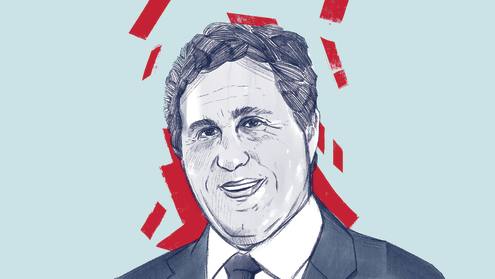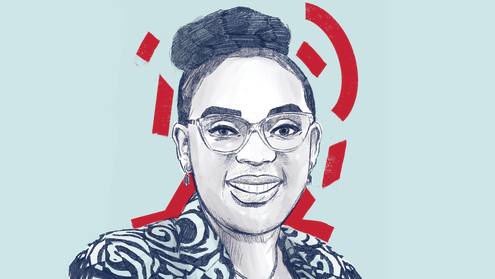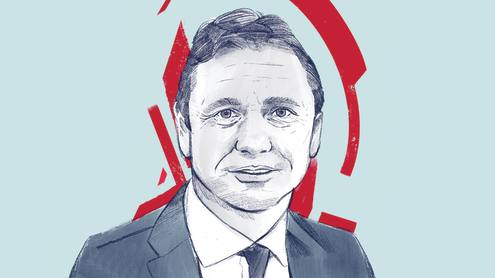To say that 2020 was an unprecedented year is, as we all know, a serious understatement.
This time last year a novel virus was starting to make its impact felt. Now as we head into 2021 as a global community, we are faced with an unparalleled international crisis as Covid-19 continues to spread and kill.
The pandemic and public health emergency is the worst since the global flu pandemic following the First World War more than 100 years ago. The economic shock the virus has triggered around the world represents the largest global downturn since the Great Depression of the 1930s.
No country can escape the effects of the virus. That includes New Zealand, but we have weathered the storm. This is in part due to the government’s actions early in the crisis, but also because the entire country got behind the government and together we worked to rid the community of the initial, and to date worst, outbreak.
Our policy approach has been clear. We believe that the best economic response is a strong public health response. To us this is the Wellbeing Approach in action.
Into lockdown
New Zealand’s first confirmed case of Covid-19 was reported to our ministry of health on February 28, 2020. By mid-March we had closed the borders to foreigners and a nationwide Level 4 lockdown began on March 25, lasting for about five weeks.
While the nationwide lockdown was undoubtedly an anxious time, the entire country – a population of five million – came together in an unprecedented act of solidarity. Guided by prime minister Jacinda Ardern, New Zealanders on the whole stayed at home, were kind to each other and stuck to the rules. The work by our team of five million meant that we were able to rid our community of the virus and keep it contained at border facilities when New Zealanders subsequently arrived home carrying it.
We knew early on that a lockdown would hurt our businesses, so we moved swiftly to put in place a wage subsidy scheme to support our workers. The aim was to provide cashflow and confidence. The subsidy was announced on March 17 and payments began almost immediately. This swift and decisive action is in part why our economy has been so resilient. It meant that businesses could keep their staff on the books for when the economy reopened. For workers it provided some certainty during what was an extremely uncertain time. And while it meant taking on extra debt, there was never any question in my mind that it was the right thing to do.
Relative health
New Zealand’s level of public debt going into 2020 was extremely low by global standards, with net core crown debt at less than 20% of gross domestic product (GDP). This meant we went into this health and economic crisis in a strong position. While we have taken on more debt as a country, we are, relative to other economies, far less indebted.
The government’s success in fighting the virus has positioned New Zealand well for recovery. Already we have seen employment and growth numbers that are better than expected, and our exports have exceeded expectations.
We have more freedoms, are a more open economy and have saved lives. We can rightly be proud of our success to date as a nation, but we cannot afford to be complacent, nor stand still.
At the October 2020 general election New Zealanders voted for stability and certainty, giving our Labour government a historic majority mandate. Our three goals are to keep New Zealanders healthy, accelerate our recovery and build the foundations to address long-term issues such as climate change, housing and child poverty.
The Covid-19 pandemic has forced us to think about doing things differently, to consider the reconstruction through a different lens and to ask some tough questions. Can we, for example, change the focus of the sectors we rely on as a nation? New Zealand has always been heavily reliant on international tourism. Given that international travel may not be as accessible and as cheap as it has been in the past, do we need to tailor our products and services? How can we rebuild our economy to be more sustainable and more productive?
Beyond the economy
Looking beyond GDP as the measure of success of the economic recovery is an approach at the heart of this government’s strategy.
This Wellbeing Approach has been the foundation for my tenure as finance minister. The approach tracks our progress with broader measures of success than economic growth alone, including the health of our finances, natural resources, people and communities, known in the Living Standards Framework as financial and physical capital, natural capital, human capital and social capital. Our first budget under this new approach was in 2019, and required agencies to work together on an agreed set of wellbeing priorities. That work set us up well for when the Covid-19 pandemic hit. The government and our agencies worked together and at a rapid pace to respond to the unfolding crisis. That swift and coordinated response is why we are now looking to rebuild while much of the rest of the world is still grappling with the health crisis.
As well as supporting our workers financially through the pandemic, the government has also invested heavily in infrastructure to stimulate the economy and create jobs. We know how important the right mix and level of infrastructure investment will be to our recovery – in terms of jobs, productivity and mitigating long-term challenges in areas such as housing and climate change.
The role of infrastructure is not only critical to rebuilding our economy, but also delivers on our wellbeing agenda. In all areas of our Living Standards Framework, good-quality infrastructure is an essential factor: in addressing the productivity challenge that has inhibited our financial wellbeing over many decades; in the natural capital space ensuring that our investments enhance sustainability and contribute to meeting our climate change goals; and in supporting the development of our people (human capital) in areas such as the supply of affordable, warm, dry housing or in building social capital through connecting our communities, virtually and in real life.
Coming back stronger
As I said, New Zealand has weathered the initial storm brought to our shores by the pandemic. We find ourselves in a unique position globally with the virus under control and an economy that is bouncing back. This is not to say that we are somehow immune to Covid-19’s impact on the rest of the world.
As an outward-facing export nation, which is geographically isolated, New Zealand is heavily reliant on supply chains. We need our export partners to be equally strong.
While we are focused on our own domestic recovery, we continue to watch what is happening beyond our borders and hope that the rest of the world can also get on top of the virus and join us in focusing on building back better.
The issues facing New Zealand are not unique to our nation. Climate change, inequality and access to housing are global problems and require action by all countries.
We can recover and we will recover, but that is not enough. We can be better than we were.
Grant Robertson is New Zealand’s deputy prime minister and finance minister.












